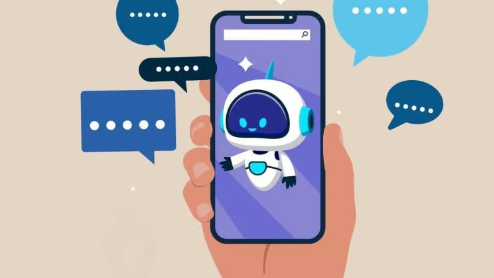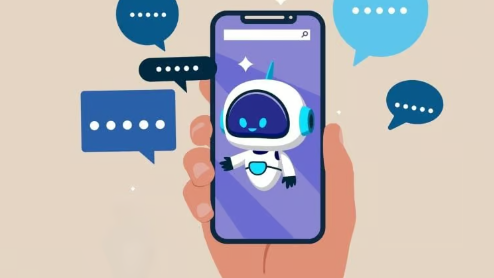What is the Message?
There are recent advancements and competitive landscape in the development of AI-powered personal assistants by major tech companies like Google, OpenAI, Apple, and Meta.
There is a potential of these AI tools to revolutionize the way users interact with technology by providing more intuitive, multimodal, and efficient interfaces.

Key Points
- Google’s Demonstrations: Showcased at the I/O event with AI tools capable of generating music and performing complex tasks through the Gemini model-powered assistant, Astra.
- OpenAI’s Launch: Introduction of GPT4o, capable of live voice translations and interactive, multimodal capabilities.
- Competition: Google, OpenAI, Apple, and Meta are in a race to develop and deploy advanced AI assistants.
- Technological Improvements: Enhanced speed, multimodal interactions, and better natural language processing are pivotal.
- Challenges: Overcoming latency, ensuring accuracy, and scaling up are significant hurdles.
- Future Potential: AI assistants could become central to digital interactions, with applications across various devices and tasks.
Key Statistics
- 2.2 billion: Active Apple devices globally, positioning Apple to influence AI assistant integration.
- $6–7 billion: Quarterly revenue from Apple’s App Store commissions.
- Dozens of countries: Meta’s AI assistant rollout across Facebook, Instagram, and WhatsApp.

Executive Summary
The competition to develop AI-powered personal assistants is intensifying, with Google and OpenAI making significant strides through their recent product launches.
At Google’s I/O event, new AI capabilities were demonstrated, including music generation and complex task execution by the AI assistant Astra, powered by the Gemini model.
OpenAI introduced GPT4o, which showcased live voice translation and interactive multimodal functionalities.
These developments mark a pivotal moment in AI technology, promising smoother interactions and more efficient digital assistance.
Google, OpenAI, Apple, and Meta are key players in this race, each leveraging their unique strengths.
Apple’s vast user base and anticipated upgrades to Siri position it as a formidable competitor, while Meta has already integrated AI assistants into its major platforms.
Despite impressive advancements, challenges remain. Latency and accuracy issues need addressing, and scaling these technologies is a formidable task. Analysts emphasize that the speed and user experience improvements are crucial for consumer adoption.
The potential impact of AI assistants is immense, potentially transforming how users interact with their devices and perform everyday tasks.
As these technologies mature, they promise to offer more natural and efficient interactions, paving the way for a future where AI assistants are ubiquitous in daily digital interactions.
Adapted from
The race for an AI-powered personal assistant (ft.com)
RELATED POSTS








